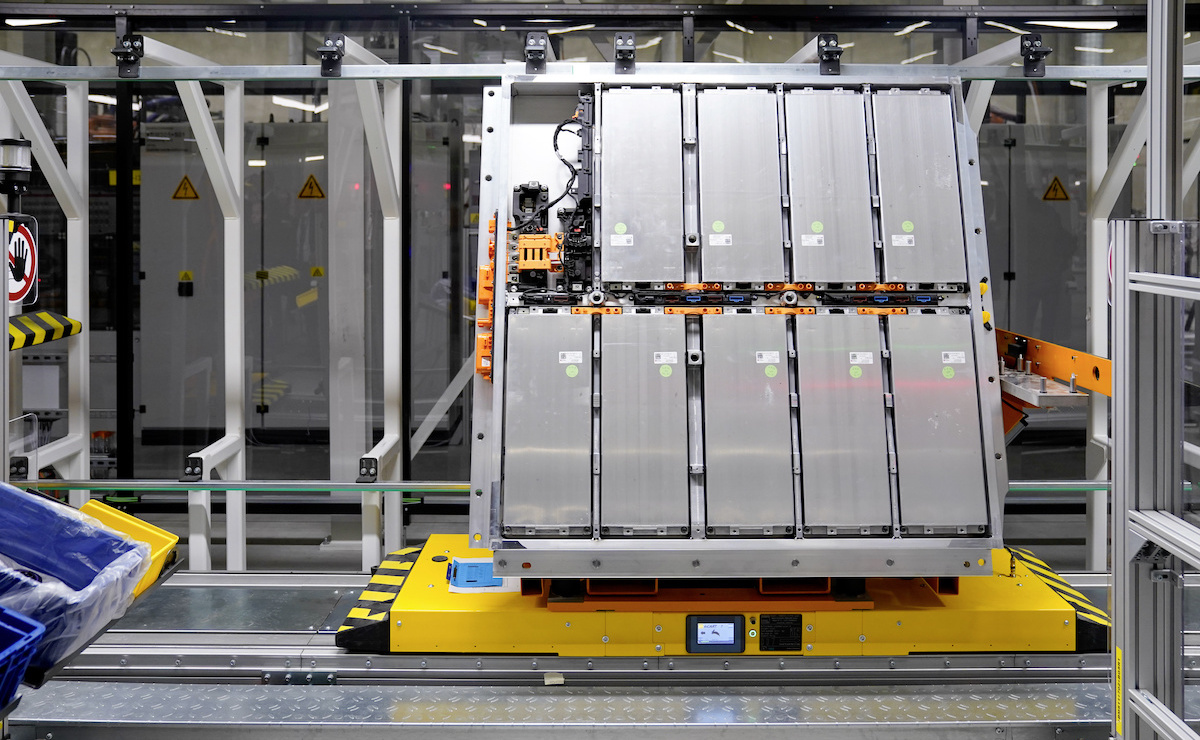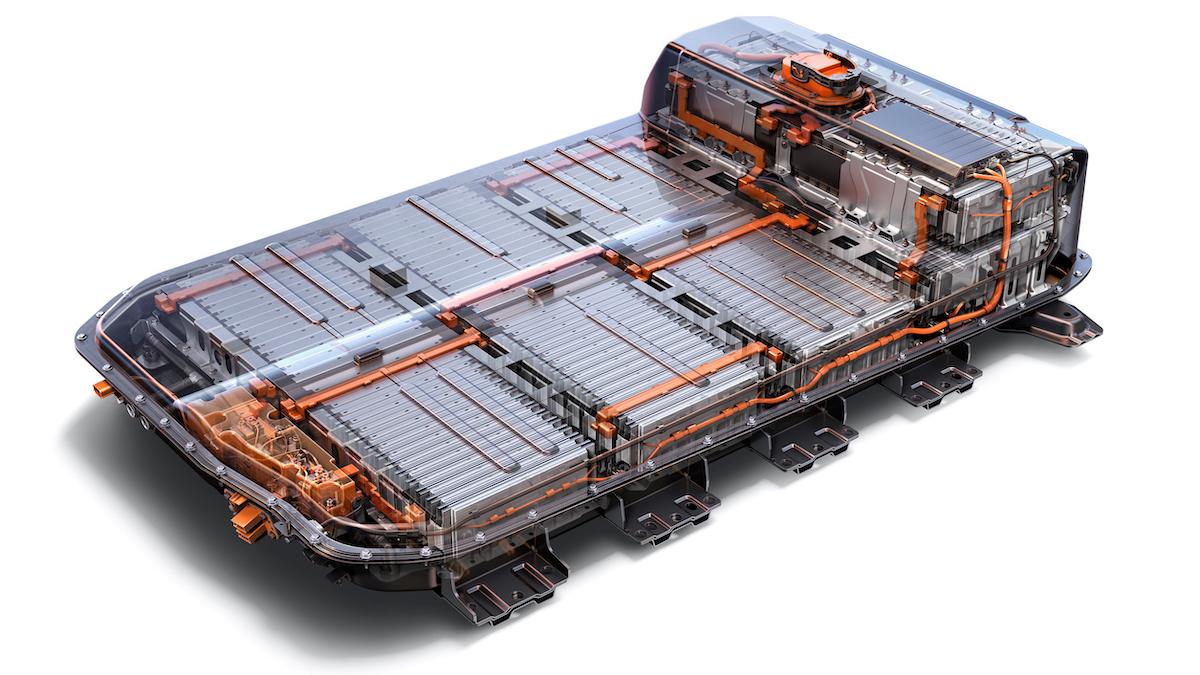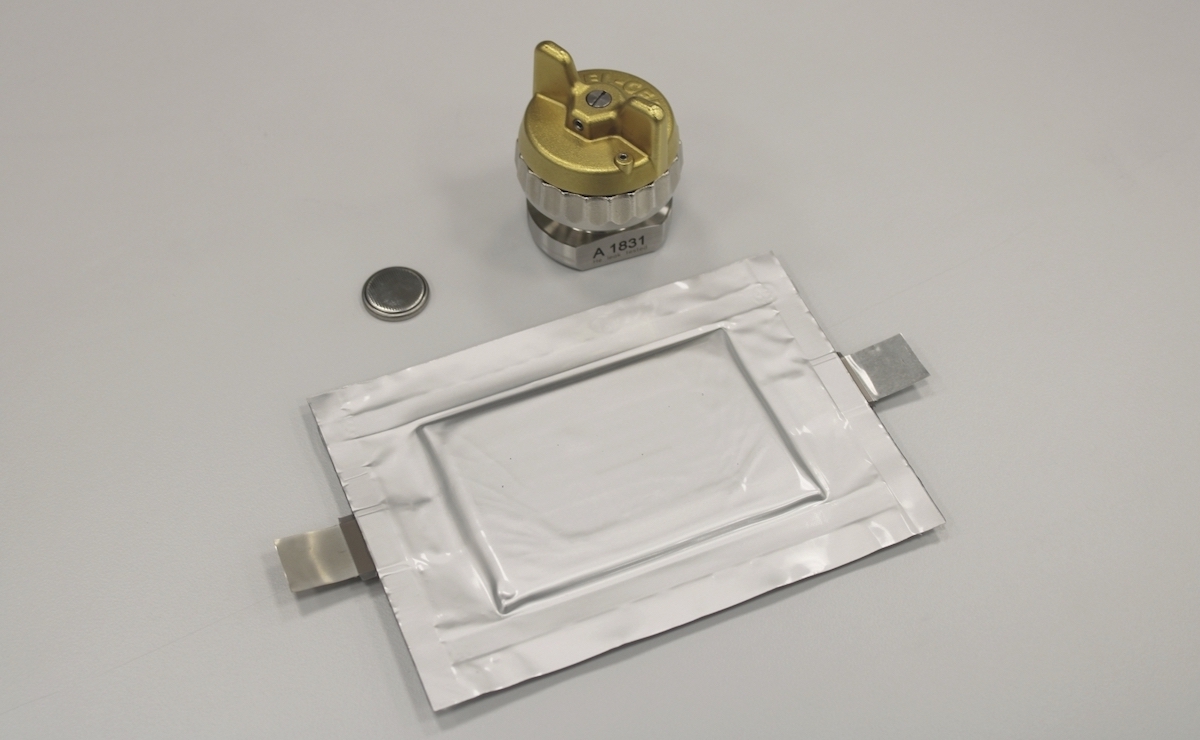One of the technical hurdles for electric vehicles, compared to fuel vehicles, is the low energy density of lithium-ion batteries. With the most powerful technology available today, ternary lithium-ion battery technology combined with CTP (cell-to-pack) battery pack technology, the energy density is limited to about 250 Wh/kg. Gasoline contains 12,300 Wh/kg of energy, which is 49 times more than a battery! However, in terms of energy conversion efficiency, the fuel car has only averaged 30% of energy used to drive the car due to mechanical wear and tear and heat dissipation, while the efficiency of electric cars can reach 90% (including kinetic energy recovery). When all this is factored in, the effective energy density of fuel is still about 16 times that of a lithium battery, and that doesn't even take into account the energy the battery may lose due to ambient temperature. Judging from the above, does it mean that all future EVs will have to haul batteries that weigh as much as hundreds of kilograms for drivers to get rid of range anxiety?

Now let's compare the differences between fuel and electric vehicles in the costs of gasoline and electricity for consumers in Taiwan. We calculate based on today's CPC 95 unleaded gasoline at $31.3 per liter, as well as electricity rates for slow charging during off-peak hours in residential areas at $2/kWh, and for slow charging and fast charging in public areas at $7/kWh and $12/kWh respectively.
Suppose the ratio of the three charging ways is 2:1:1, and we get the average electricity rate of $5.75/kWh. The specific gravity, or relative density, of 95 unleaded gasoline is 0.73, so the price per kilogram is $42.9 (= 31.3/0.73), which is equivalent to buying the energy of an effective 1 kWh for $11.6 (= 42.9/(12.3 x 30%)). The electricity rate for EVs is $6.40 (= 5.75/90%) per effective kWh. So from the cost of fuel/electricity perspective, the unit purchase cost of effective energy for electric cars is only 55% of that for gasoline cars. Of course, if you mostly use a home charger, the proportion is even lower.

That said, from the energy-saving perspective, although electricity is cheaper than gasoline, an electric car reaching the range of a gasoline car on a full tank (eliminating range anxiety) would require a battery capacity of at least 120 kWh, and even with the high energy density but high cost ternary lithium battery, the entire pack would weigh nearly 700 kg (= (120/0.25)/70%), not to mention 1,150 kg with the current mainstream lithium iron phosphate battery. It is a direction completely unrealistic and contradictory to the concept of "energy conservation". A 2,000cc gasoline car, with the engine, the transmission and a full tank, weighs about 300 kg. If the battery pack alone weighs much more than that, doesn't it mean the range will be reduced?! So simply put, developing a new type of battery with a higher energy density is the way to go, preferably twice the energy density of a ternary lithium battery, or 500 Wh/kg. This way, the weight of the battery pack can be reduced to 300 kg, and there is no need to worry that the battery's energy density is still too far behind that of gasoline. The reason is that 500 Wh/kg is practical and energy efficient enough to meet the intent of introducing EVs.

The R&D for the next generation of power batteries is currently dominated by solid-state batteries. Various startups are putting forward targets and timelines, with energy density targets ranging from 300 to 450, but I actually think the targets and timelines for battery cell technology proposed by the Chinese government a few years ago can be good references: 400 Wh/kg by 2025 and 500 Wh/kg by 2030. This means that EVs produced after 2025, regardless of battery type, will gradually become a new generation of products that can replace fuel vehicles.
